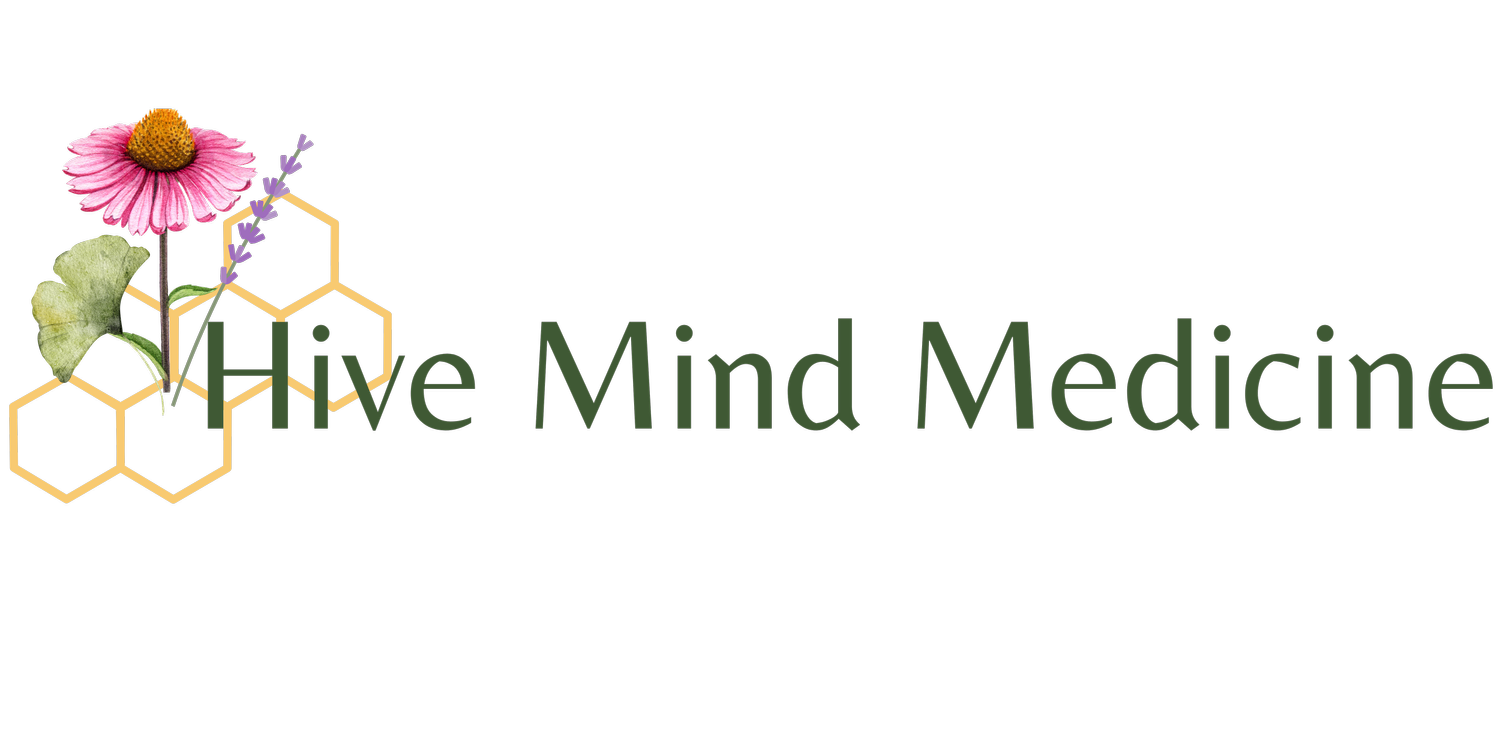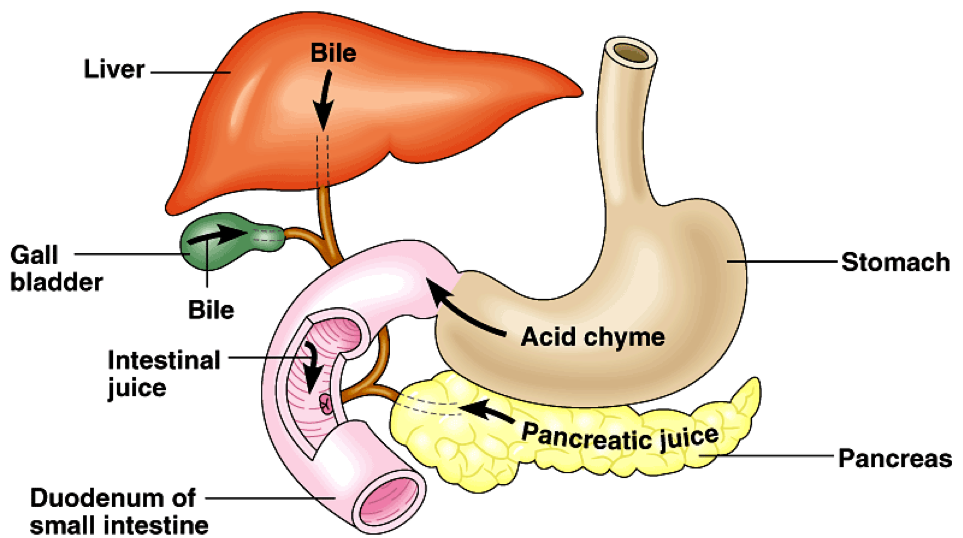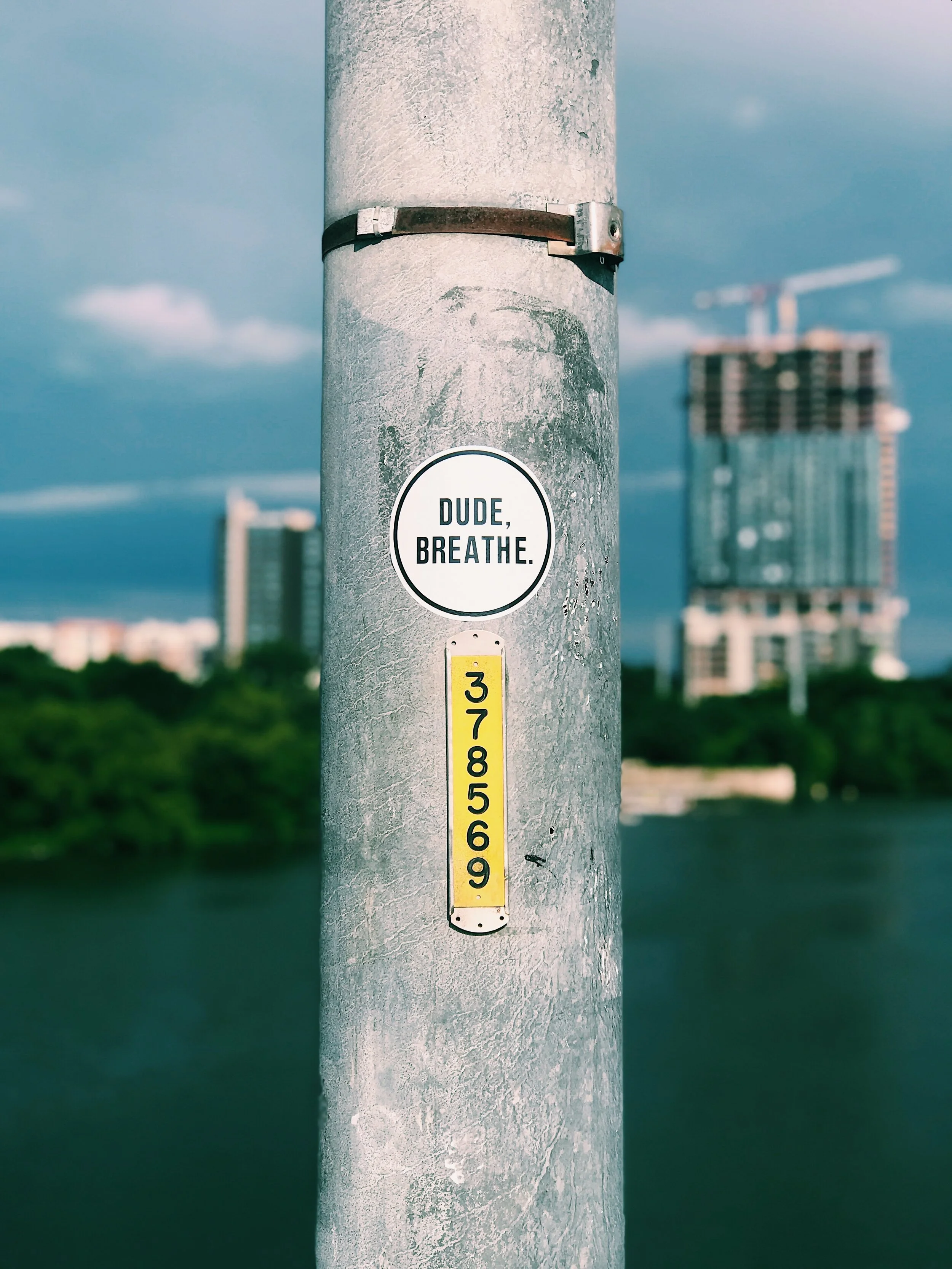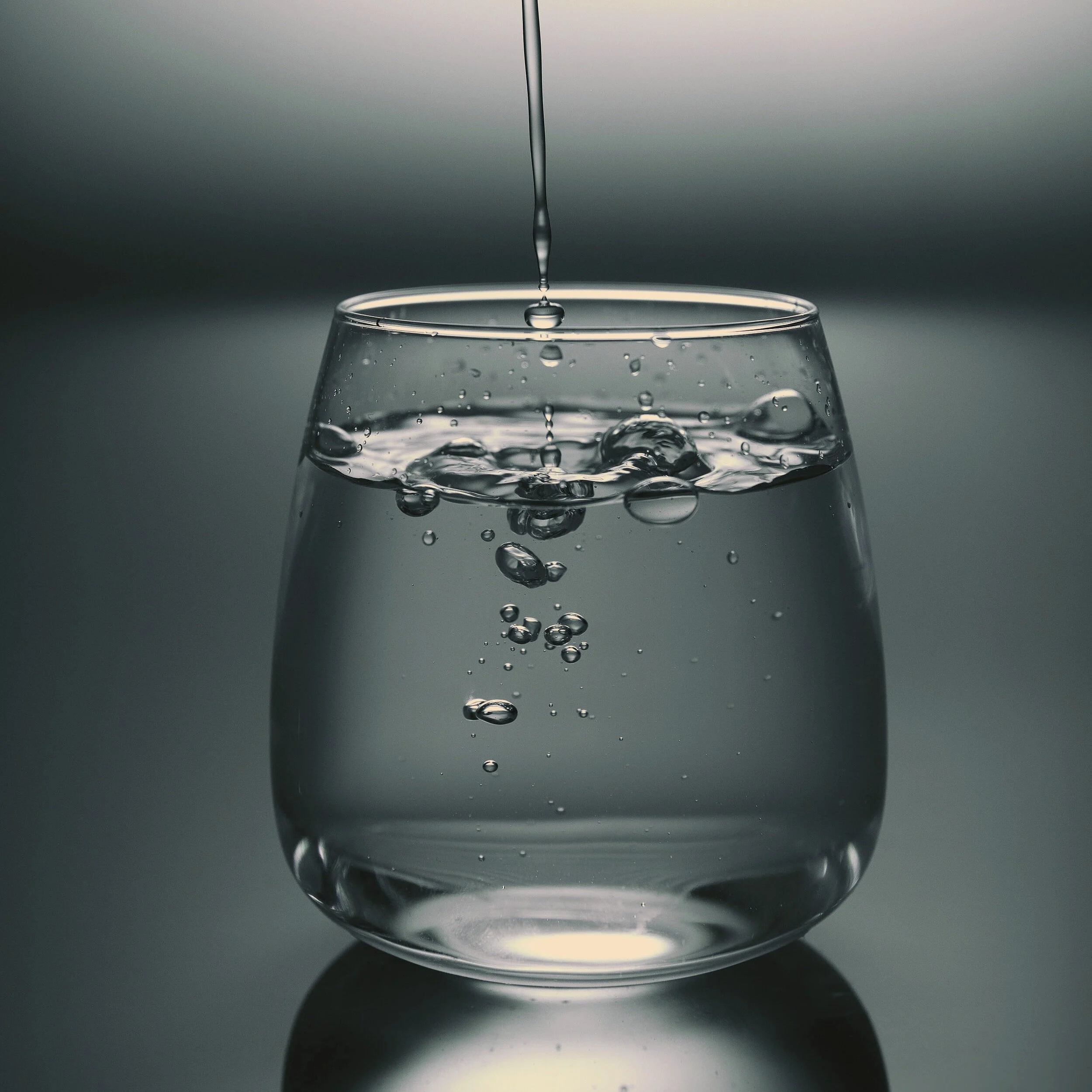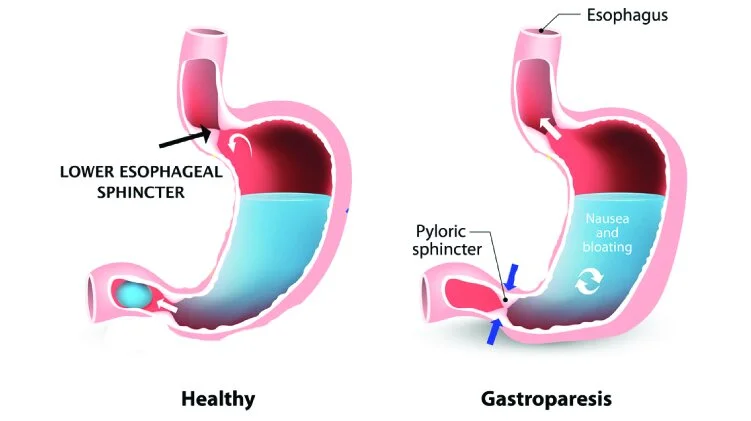
Hive Mind Medicine BLOG
Looking for a specific blog? Search here…
Mindfulness 101
Mindfulness has been getting a lot of buzz in recent years. You may have noticed the term pop up seemingly everywhere. Perhaps it was on the front cover of a magazine in the checkout line at the store, something suggested to you by a friend or family member, or in a movie or TV show.
Mindfulness, simply put, is paying attention in an intentional way to what is happening in the present moment.
Brain Injuries and Gut Problems
It’s hard to believe something like a bump on the head can have anything to do with gastrointestinal problems but, unfortunately, it is much more common than most people realize – including physicians.
It is now understood that brain injuries are not “events” that one shakes off but “processes” because once injured, even slightly, damaged neurons continue to degrade over time.
Life is a Gas! When Bloating Causes Discomfort and Pain
I have a tendency to get into too much detail in some of my blog posts, so I will try to contain my desire to expand in all directions (hmm, sounds like gas).
Gas production by bacteria and yeast is a normal part of the digestive process. There are special nerve/muscle reflexes that move gas in the stomach up and out the mouth.
Stress Management in Action
Well before I added neurofeedback to my practice, I was helping people overcome stress-related disorders through cultivated low arousal, also referred to as stress management. I prefer to think of myself as a coach rather than a therapist - helping people acquire skills that can address maladaptive behaviors.
What follows are some conditions stress management may help address and examples of disorders my clients have successfully overcome.
Intuitive Eating: Making Peace with Food
Think back to the early days of your childhood. Reflect on your attitudes and behavior around food, before the conditioning of media and diet culture set in. Most likely, you ate when you were hungry, and stopped when you were full. You likely indulged cravings and enjoyed food. Without being consciously aware of it, you trusted your body’s signals and followed, without question. You were practicing Intuitive Eating!
GERD and the Pressure Differential
I admit that I am a GERD nerd. I am in the process of writing a book I am calling Getting Real About Reflux. This blog post will take a little bite out of the subject of gastroesophageal reflux (GERD) by introducing one of the most significant underlying factors leading to heartburn and reflux.
Mold Illness Part 1
Here in the Pacific North West, we get all the beauty of a temperate rainforest, the a moderate climate, and the lush greenery. We also get high humidity and abundant water in and around our homes and places of business. It is a natural home to mold. Mold brings with it spores which, when released into the air, we have all breathed in, noting a musty or moldy smell. The spores are small enough to become airborne and make it into our lungs- they stimulate our body’s mucociliary response,response; we make mucus and cough it up along with the mold spores.
10 Ways to Stay Healthy as the Seasons Shift
As the Pacific Northwest reminds us of what winters are like, many people find that fall brings colds and flus right along with sweaters and lattes. This year, like no other, has given us cause to support our immune systems.
Here are 10 tips to keep yourself and your loved ones healthy this season:
1. Get Plenty of Rest. Follow the rhythm of the season; as the sun sets earlier, go to bed earlier.
Bile - Far Ranging Effects on Health and Prevention of Illness
Bile is produced in the liver and stored in the gall bladder. Released into the upper small intestine when a meal containing fat or protein leaves the stomach, bile allows oil and water to mix. This allows most dietary fat including essential fatty acids (such as those in fish oil) and the fat-soluble vitamins A, D, E and K to be absorbed into the blood. It works with vitamin D to produce cathelicidin, an essential chemical that reduces the risk of bacterial, fungal and influenza infections. Bile also has wide ranging effects on intestinal bacteria, detoxification and removal of dangerous materials and drugs through bowel movements, blood sugar and sex hormone balance and even cancer prevention.
An Alarm System in Your Brain (Part 1)
Housed in the brainstem is the autonomic nervous system. As the name suggests, it is a nervous system for the “automatic” functions of the body – because you really don’t want to have to think about breathing and making your heart beat while doing the dishes.
An Alarm System in Your Brain: Resolving the Stress Response (Part 2)
In last month’s newsletter, we discussed the brainstem and how it sets off alarms when it perceives something to be life threatening – no matter whether that perception is accurate. Over the next few posts, we will talk about ways to turn off the alarms and, even better, ways to keep them from setting off in the first place.
An Alarm System in Your Brain: Breathing and the Stress Response (Part 3)
Fun fact: Inhaling triggers a sympathetic response [“fright/flight”] while exhaling triggers a parasympathetic response [“rest and digest”]. This is reflected in something called “Heart Rate Variability” or HRV, a beat to beat differential that has been shown to be a great indicator of overall health – mental, emotional and physical. The greater the peak to trough difference and the more consistent that wave form, the better the health.
An Alarm System in Your Brain: Here's Something To Chew On (Part 4)
Over the past few posts, we have discussed how the brainstem functions as an alarm system – it “eavesdrops” on what you are doing and determines whether you are in danger. Unfortunately, this alarm system can become stuck on “ON” which results in continuous anxiety and is reflected in poor sleep, poor digestion, tense muscles, chronic pain, and/or other stress-related disorders.
My goal in creating these posts is to help you learn to lower your anxiety by calming the brainstem so it will send alarms only when absolutely necessary.
An Alarm System in Your Brain: Hydration’s Role in Calming the Autonomic Nervous System (Part 5)
My first blog post in this series about how you can modulate your stress response described the brainstem as a “meter reader”. It notes levels of vital elements for physiological functioning and sets off alarms when the monitored element goes “out of bounds”. It does this because your brainstem perceives your life to be in danger. Unfortunately, because of the brainstem’s nonverbal nature, it can’t tell you what is out of whack.
You have undoubtedly heard the phrase “water is life.” That is shorthand for “without water, life’s many processes will grind to a desiccated and tragic halt; without enough water, life is at risk of becoming a congested, clogged, muddy mess.” The same holds true for your body – water is vital for good health from cognition, to cardiac function, from renal to respiratory activity, and more.
An Alarm System in Your Brain: Triggering Anxiety through Self-Talk and Perfectionism (Part 6)
We’ve spent the past few months discussing the brainstem, how it functions as an alarm system in the brain and how it can contribute to anxiety. My goal has been to help you understand how much influence you have over the brainstem - you do not need to be a victim of your anxiety. Instead, you can change your behaviors to convince your brainstem the world is a safe place.
Change Your Oral Health to Support Your Digestive System
You’ve likely read about the colonic microbiome (studied through stool testing) and perhaps you have read about the small intestine microbiome, which is less studied, but have you heard of the oral microbiome? The mouth, teeth and gums (gingiva) have a unique microbiological community with organisms including bacteria, fungi, archaea, viruses and protozoa. The predominant bacteria are Streptococcus, Veillonella (both in the genus Firmicutes) and Prevotella (of the Bacteroidetes genus) although there may be hundreds of species.
New SIBO 30-Minute Cookbook
If you have SIBO, cooking can feel like a part-time (or sometimes full time!) job. Having quick and easy recipes on hand is a must. All the recipes in this book take 30 minutes or less to make, including prep. My goal in writing this book is to help those with SIBO create delicious and healthy meals for themselves and their family without having to spend all of their time and energy in the kitchen.
Gastro-gynecology – The Gut-Gyn Connection
The longer I practice naturopathic gastroenterology, the more I realize I need to keep adding to my knowledge of gynecology. The reproductive and digestive tracts are intimately related on at least two levels – 1) physical proximity, 2) hormonal and detoxification pathways.
6 Things to Know About Supplements
1) Supplement Oversight: The DSHEA (Dietary Supplement Health and Education) Act in 1994 set the standard for supplement oversight by the US government. The oversight outlined in DSHEA is very limited. The FDA is not authorized to review supplements for safety or efficacy before they reach the market. If a supplement is proven harmful, once it is on the market, the FDA can step in and ban that supplement.
Gastroparesis: Too Full – Too Long
Gastroparesis is a partial paralysis of the stomach which leads to food sitting in the stomach for extended periods of time (delayed gastric emptying). This delayed emptying is quite common in poorly controlled diabetes. Gastroparesis delays the exit of all foods – including carbohydrates- from the stomach and can make it impossible to attain good blood sugar control. It occurs in over half of type I diabetics and in up to one fifth of type II diabetics.
